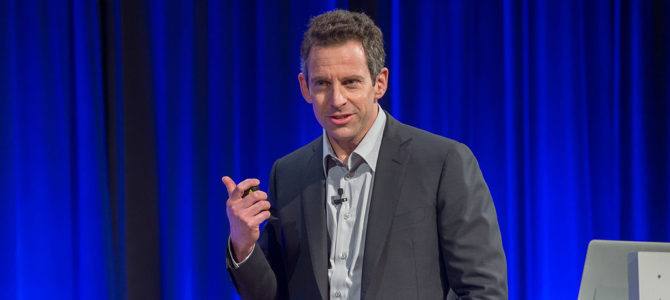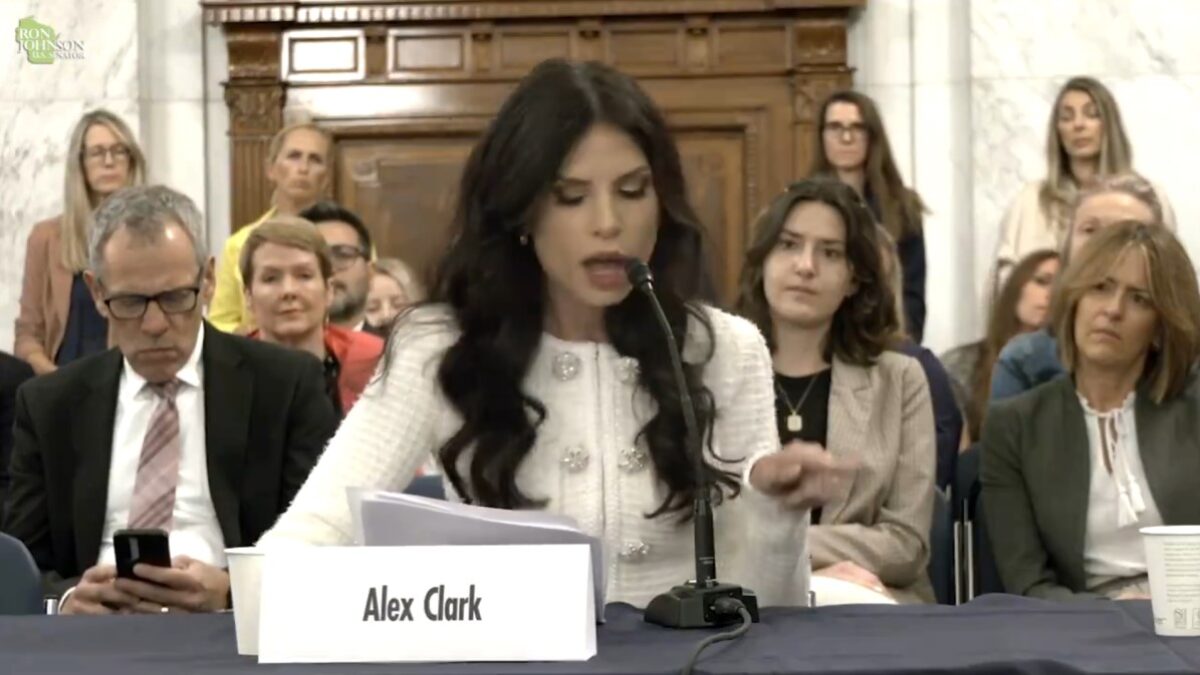
From 1977-81, the late comedian and television writer Steve Allen wrote a series for TV called “Meeting of Minds.” In each episode, actors portrayed different historical figures as they sat around a table discussing philosophy, history, and topics of the day. Imagine Martin Luther, Voltaire, Plato, and Florence Nightingale having a polite, informed, witty, and sometimes heated conversation. It was brilliant educational entertainment.
On Monday neuroscientist Sam Harris and Vox Editor-at-Large Ezra Klein released a new podcast discussing their online dispute over a year-old podcast Harris recorded with social scientist Charles Murray, of “Bell Curve” fame. This was a contemporary attempt for a meeting of two minds. Both participants were restrained and respectful.
Fortunately, that podcast was not a bloodletting entertainment many followers of both commentators were anticipating or dreading. It was a reasoned discussion about how to have a reasoned discussion about incendiary topics like whether there may be any genetic influences on average IQ score differences among racial/ethnic groups. In the end, Harris did not convince Klein that the science could and should be discussed independently of the politics, and Klein did not convince Harris that he was blind to his own confirmation biases and insensitive to how some people perceive such discussions.
I am an intelligence researcher so I am partial to Harris’s point of view. After his podcast with Murray, three scientists unfairly attacked him in an article Klein’s online platform published. I wrote a defense of the science but Klein declined to publish it so I sent it to the online magazine Quillette.
Of course, this is not an issue to resolve in a podcast discussion of the complexities and nuances of behavioral genetics and intelligence research, but, as Harris has maintained, we should be able to discuss the data without a pejorative assumption that people who have the discussion are racist or malevolent, the explicit charge in the original Vox article. I was disappointed that Klein did not acknowledge this in his podcast with Harris, as one of the scientists who authored the Vox article did last week on Twitter in a welcomed effort to lower the heat.
A key point of the subsequent dispute about the original podcast was whether average group differences on IQ scores were “likely” to have some genetic component, as Harris and Murray stated. Most scientists who work in this area would privately not disagree with “likely” based on compelling evidence that genes play a role in intelligence differences among individuals. Publically, if we were to comment at all given the generally hostile atmosphere, most of us would rather say we would not be completely surprised if this turned out to be the case—although, as the original Vox article noted, there is a technical disagreement about whether genetic methods can be applied to group differences at all.
By the way, no knowledgeable person claims that environment has zero effects on brain development and intelligence or gene expression. Genes are also best viewed as probabilistic rather than deterministic. In other words, even if there are major genetic influences on intelligence, gene expression and function can be modified.
This is a main focus of modern medical research, and there is reason to believe that once the underlying genetic/neurobiology of intelligence is understood, we might be able to tweak the relevant neural systems to increase intelligence. That is a positive reason for understanding genetic influences on intelligence that may have implications for closing achievement gaps and for the 51 million Americans with IQ scores below 85 daily making their way in the world.
Nevertheless, there is wide agreement that at this point we do not have enough DNA-based evidence to conclude anything with confidence about how average group differences on complex traits like intelligence come about. Such data, however, are coming and we expect the findings, whatever they are, to be surprising. We should create an atmosphere where such things can be discussed when they do arrive.
The moral outrage many expressed after the Harris/Murray podcast, mostly based on a false reading or misreading of “The Bell Curve,” does not bode well for discussions to come. Harris, Andrew Sullivan, and David Reich have tried to make the case that such discussions are necessary and timely. It won’t be easy, however, because the concerns about historical and political context Klein raises are real.
Whether these concerns need to be detailed in a textbook about behavioral genetics and intelligence is doubtful, but I’d like to see thoughtful people sitting around a table having polite, informed, witty, and sometimes heated conversation about the issues. If Sullivan and Christopher Hitchens could jointly converse and fundamentally disagree about religion, surely there can be discussions about the nature of intelligence and possible implications for education and social policies. The Harris/Klein podcast can be seen as a tentative step in that direction. I hope we see and hear more.









